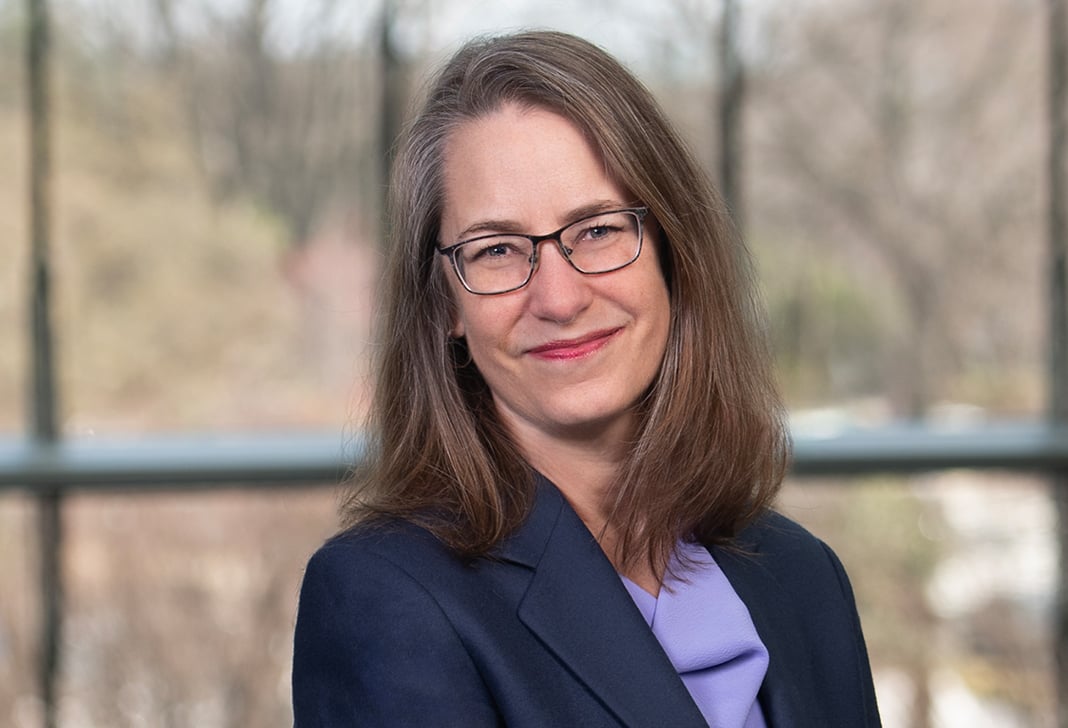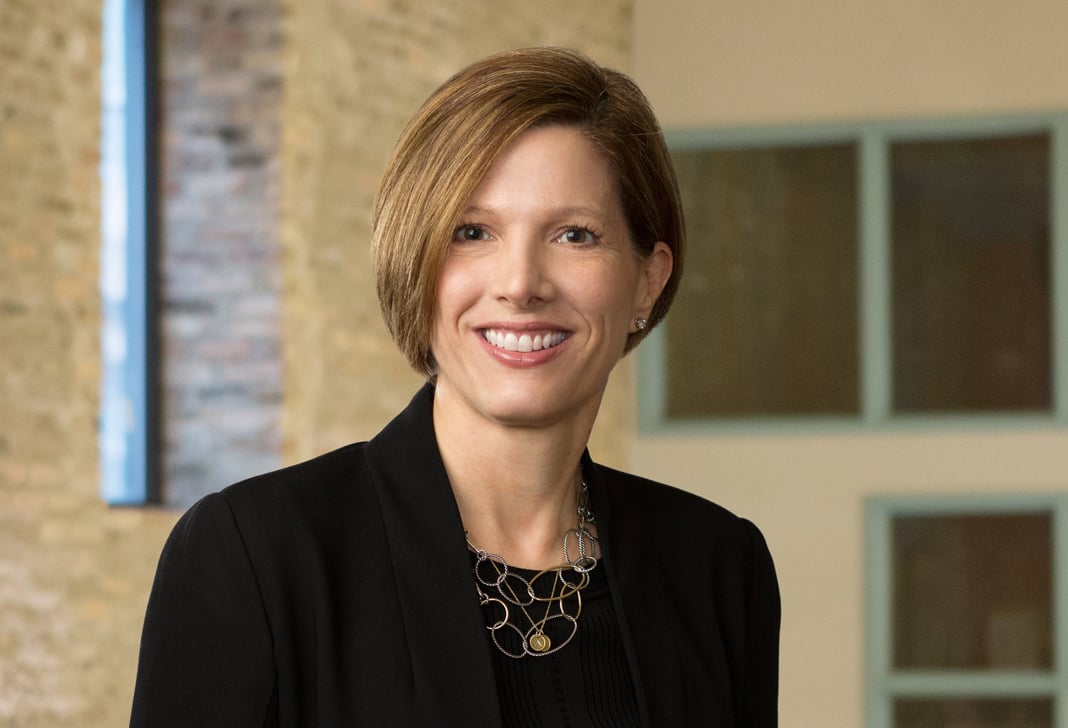
HHS-OIG Cautions Against Speaker Programs Offered by Pharmaceutical and Medical Device Companies
The Situation: The Department of Health and Human Services, Office of Inspector General ("OIG") issued a special fraud alert identifying what it termed "inherent fraud and abuse risks" associated with speaker programs—educational presentations conducted by health care providers ("HCPs") and compensated by the manufacturer—that pharmaceutical and medical device manufacturers have long used as a means to educate HCPs about their products.
The Result: Although OIG has in the past cautioned against speaker program abuse, this new special fraud alert goes much further than prior guidance in actually discouraging speaker programs.
Looking Ahead: Pharmaceutical and medical device manufacturers should evaluate their speaker programs to ensure the offerings are consistent with OIG's recent guidance. All parties involved in speaker programs, including HCPs, can expect to see increased government scrutiny and a more skeptical attitude toward these common activities.
In the first special fraud alert that it has released in more than six years, OIG—the federal agency tasked with combatting fraud and abuse in the Medicare and Medicaid programs—cautioned pharmaceutical and medical device companies about the fraud and abuse risks associated with company-sponsored speaker programs involving HCPs. These speaker programs, which are common in the industry, typically involve an HCP giving a presentation to other HCPs regarding a drug or medical device or a disease state, on behalf of the sponsoring manufacturer. The presenting HCP is typically compensated for giving the presentation (the content of which is often developed by the company) and sometimes for time spent in preparation. Attendees often receive a free meal during the presentation.
In the alert, OIG characterizes both the payments and the free meal as potentially illegal remuneration under the Anti-Kickback Statute ("AKS") if the purpose of such remuneration is to "induce" or "reward" drug prescriptions or device orders. OIG notes that its fraud alert comes on the heels of a number of enforcement actions concerning speaker programs that allegedly violated the AKS. See, e.g., Corporate Integrity Agreement between OIG and Novartis Corporation (June 30, 2020). According to OIG, its enforcement experience—as well as data reported to the Centers for Medicare and Medicaid Services pursuant to the Physician Payments Sunshine Act—suggests that companies provide significant remuneration to HCPs in connection with speaker programs and that such programs present "inherent fraud and abuse risks."
OIG acknowledges that it is issuing the alert in the context of the COVID-19 pandemic, when the number of speaker programs has significantly dropped. Yet OIG indicates in the alert that the availability of product and disease state information during the pandemic through other means (e.g., the product's package insert or medical journals) "further suggests that at least one purpose of remuneration associated with speaker programs is often to induce or reward referrals." OIG's chief counsel, Gregory Demske, reportedly expressed similar concerns in an interview with Law360. Demske noted the recent trend toward virtual communications and expressed skepticism that technical information can be conveyed effectively only in person rather than virtually. Accordingly, OIG urges companies to consider "alternative less-risky means for conveying information to HCPs" in lieu of speaker programs even after the pandemic ends.
For companies that continue to offer in-person speaker programs, OIG sets forth examples of certain "suspect characteristics" of speaker programs, including the following:
- lack of substantive content;
- excessive food and alcohol (with the risk heightened if alcohol is free);
- holding the program at an event or location that is not conducive to the exchange of educational information (note that OIG includes restaurants as well as sports venues in this category);
- sales or marketing involvement in the selection of HCP speakers or attendees based on past or expected revenue for the company;
- compensation to speakers that exceeds fair market value or takes into account the volume or value of past or future business;
- offering numerous programs on the same or substantially the same topic and frequent attendance by the same HCPs at similar programs;
- continuing to offer programs on products with no new medical or scientific information or FDA approval of a product or indication; and
- the absence of a legitimate business reason for some attendees to attend the program (e.g., family members of HCPs or members of the same practice).
OIG states that the alert is not intended to discourage "meaningful HCP training and education" and does acknowledge that the lawfulness of an arrangement under the AKS depends on the facts and circumstances and parties' intent. Notably, however, the fraud alert challenges a portion of the PhRMA Code on Interactions with Health Care Professionals (the "PhRMA Code"), an industry trade publication on which manufacturers often rely when developing policies and procedures relating to HCPs.
While the PhRMA Code acknowledges that HCPs often "participate in company-sponsored speaker programs in order to help educate and inform other health care professionals about the benefits, risks and appropriate uses of company medicine," OIG states it is "skeptical about the educational value of [speaker] programs" and that remuneration to HCPs may "skew their clinical decision making in favor of their own and the company's financial interests, rather than the patient's best interests." The OIG's recent position is in contrast with OIG's statement 17 years ago in its Compliance Program Guidance for Pharmaceutical Manufacturers that compliance with the PhRMA Code "will substantially reduce the risk of fraud and abuse and help demonstrate a good faith effort to comply with the applicable federal health care program requirements."
Although the special fraud alert is not binding, it does offer important insights into OIG's—and potentially federal law enforcement's—current view of the risks inherent in manufacturer-sponsored speaker programs. To mitigate their risk, companies that offer these programs would be well-served to carefully re-evaluate their compliance safeguards to ensure speaker programs and associated arrangements with HCPs are offered, designed, and documented in a manner that takes into account the guidance in the alert and recent enforcement activity regarding speaker programs.
Three Key Takeaways
- OIG recently issued a special fraud alert expressing significant concerns with speaker programs sponsored by pharmaceutical and medical device companies.
- Pharmaceutical and medical device companies contemplating the use of speaker programs—particularly, in-person programs that may have been paused during the pandemic—may want to consider alternative means for educating HCPs about their products and related disease states and, at a minimum, make sure their policies, procedures, and practices are updated to ensure that any future educational programs are consistent with this alert.
- Companies that proceed with speaker programs should prepare and maintain documentation outlining bona fide objectives for the program, ensure that compensation for speakers is fair market value, and implement additional safeguards (e.g., changing the venue for such programs) to reduce the risk of enforcement related to such programs.



